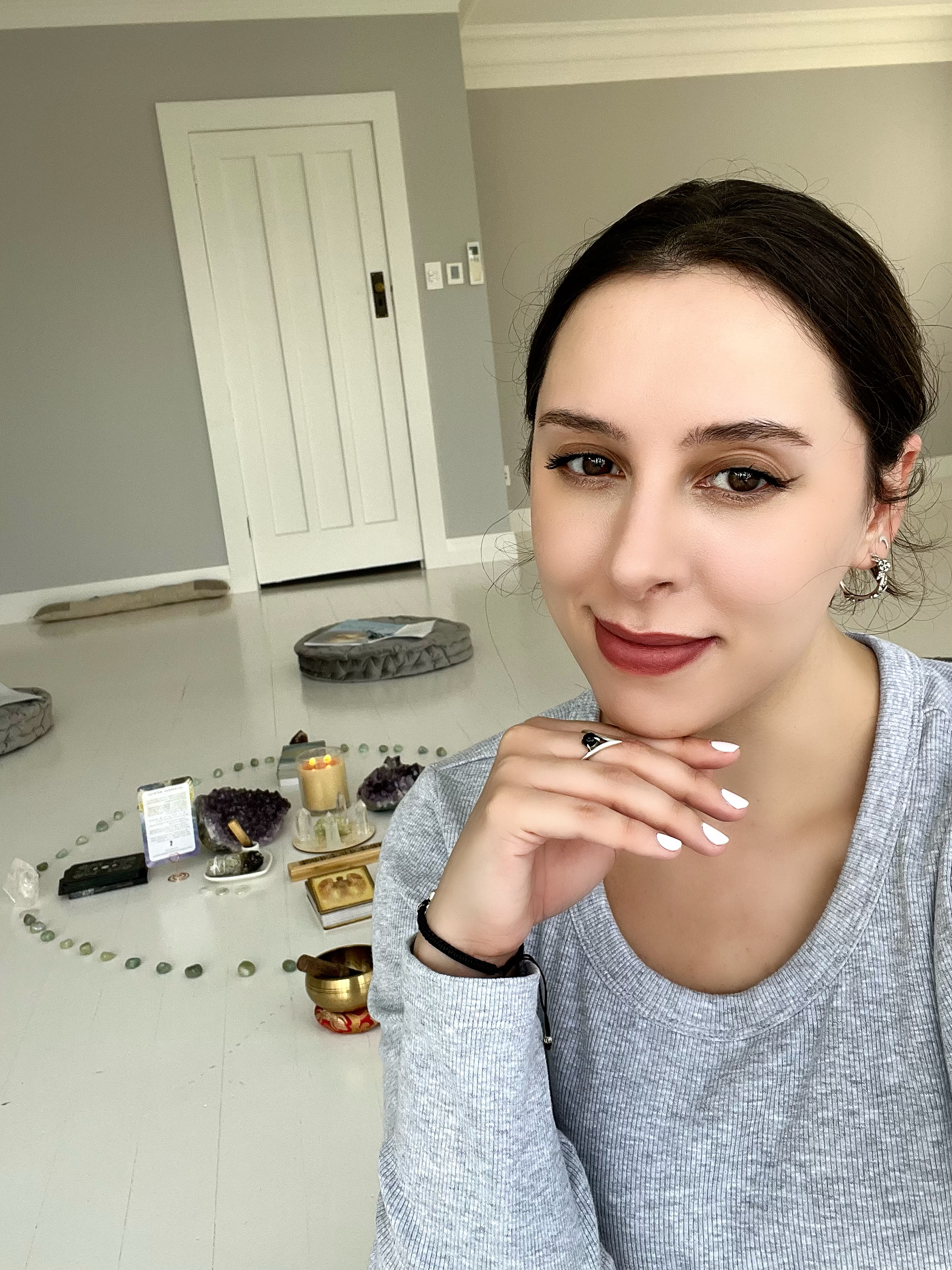Uncovering the Truth: Misconceptions About Witches and Witchcraft
- Giuliana

- Feb 4, 2023
- 4 min read
Updated: Dec 10, 2024

❤ Wise-Women, Healers, and the Witch-Hunt in Early Modern Europe
n Early Modern Europe, wise-women were not just healers—they were guardians of health, tradition, and community wisdom. These women, often revered for their knowledge of natural remedies and their deep connection to the Earth, were integral to village medicine. They shared their gifts of healing with those in need, offering support when medical options were limited. Despite the immense value they brought to their communities, these wise-women were frequently accused of witchcraft and persecuted as part of a larger movement to erase women from the medical profession.
During this time, the world of medicine was undergoing a shift. The spiritual aspects of healing were being replaced by emerging scientific methods, and the medical field began to consolidate power in the hands of a few. The Church, the state, and the emerging male-dominated medical profession joined forces to suppress women healers, using accusations of witchcraft as a tool to strip away their authority and label them as dangerous.
Witchcraft: A Path of Healing, Not Harm
Witchcraft, or Wicca, is a nature-based spirituality that honors the natural world and its cycles. It’s rooted in the belief that we are all connected to the Earth and the universe, and that through intention, ritual, and mindful practice, we can align ourselves with the forces of nature to create positive change. Far from the malicious image often portrayed in history, witchcraft is a peaceful and empowering practice—focused on self-growth, healing, and living in harmony with the world around us.
The negative portrayal of witches as evil figures was born from a time of fear and control. It was used to silence and oppress women who held power in their communities. The hysteria surrounding witch hunts in Early Modern Europe and the New World led to the execution of countless women, painting a dark and distorted picture of witchcraft that still echoes in modern times.
To clarify: while individuals in any belief system or profession may misuse their knowledge or power, the foundation of witchcraft itself is not rooted in harm. The notion of witchcraft as evil was a narrative created to instill fear and justify persecution. Recognizing this historical context helps us separate fact from fiction.
It's also important to note that while much of the witch-hunt narrative focuses on women, men were also victims of these atrocities. Although they were a minority, many men who practiced witchcraft were accused and executed, often for defending their families or communities. These men, too, were part of a larger fight for spiritual freedom and connection with nature.
The Global Expansion of Witch Hunts
The witch hunts were not confined to Europe; their reach extended far beyond, spreading to the New World and other parts of the globe. In colonial America, for example, the infamous Salem witch trials resulted in the persecution and execution of both women and men. The fear of witchcraft was used as a tool for social control and to maintain power structures, even as far as the Caribbean and parts of Africa. In some cases, witch hunts were tied to colonial domination, with indigenous spiritual practices often targeted and suppressed.
The spread of witchcraft persecution serves as a powerful reminder of the dangers of fear-based narratives and the consequences of marginalizing practices that connect us to the natural world and to our inner wisdom.
A New Understanding of Witchcraft
Today, witchcraft is experiencing a revival. Many people are rediscovering its ancient wisdom as a way to reconnect with nature, tap into their own intuition, and experience spiritual growth. As the world evolves, so does the understanding of witchcraft. What was once feared and misunderstood is now being seen for what it truly is—a peaceful, harmonious practice that supports healing on a personal and collective level.
It’s important to challenge the outdated stereotypes that link witchcraft to evil. These myths were designed to control and oppress, but they do not reflect the truth of witchcraft today. We must look beyond fear and embrace a more compassionate and open-minded perspective.
The Power of Embracing Differences
I come from a Christian family, and while my spiritual journey has led me to see things differently than how I was taught, I hold a deep respect for the paths others choose to walk. I recognize that many beautiful souls with kind hearts follow the Christian path, and I honor their beliefs. My intention in sharing this post is not to create division, but to offer a different perspective and foster understanding.
I believe that at the root of all is love, and that there are many unique paths to it. Some find it through Christianity, others through various spiritual practices. When we embrace self-love and live in alignment with our own truth, we can genuinely honor and celebrate our differences. Diversity is not something to fear; when rooted in love, it becomes something to cherish—so long as we commit to not causing harm to one another in the process.
Respecting All Paths Toward Love
So, let us approach witchcraft, and all spiritual practices, with an open heart and mind. Instead of holding onto fear or misunderstanding, let us embrace the beauty of these paths, recognizing that they can all lead us to love, healing, and personal growth. The wise-women of Early Modern Europe are part of a long tradition of healing and wisdom, and their legacy continues to inspire those who seek a deeper connection with the natural world and themselves.
By recognizing the historical context of witchcraft and challenging misconceptions, we allow space for a more expansive view of spirituality—one that embraces unity, healing, and the shared human experience.
May we walk forward with kindness and understanding, honoring the wisdom in all paths.
With gratitude and light,
Giuliana



Comments